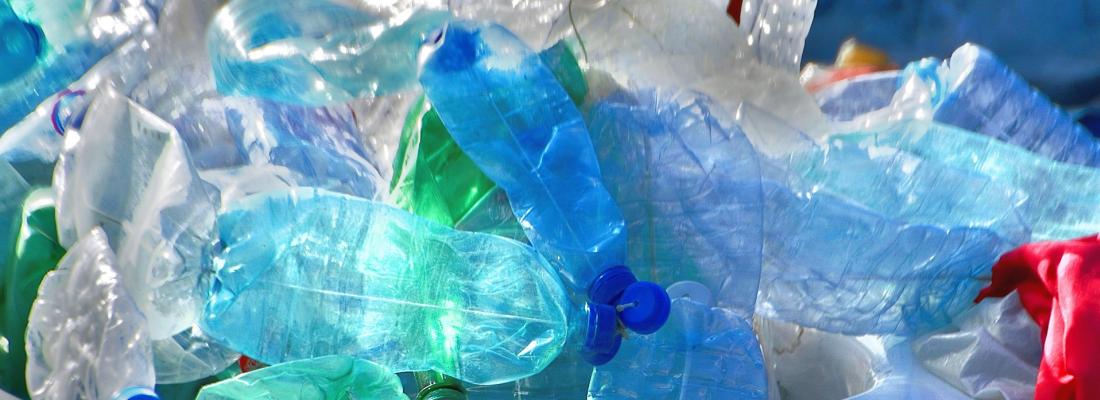Bioeconomy Reading time 3 min
Reprogramming wood-degrading mushroom enzymes for the biorecycling of plastic
Published on 30 September 2024

Plastic pollution is ubiquitous in the environment and managing plastic waste is a global problem. In addition to developing more reasonable production methods and ways to use plastic, one solution to the problem is to develop biorecycling technology. The very nature of plastic, made with highly resistant polymers in order to not break down, makes this a huge scientific challenge. Yet, plastic shares analogous properties with other – natural – recalcitrant polymers, like wood cellulose, which can be broken down by filamentous fungi. The fungi achieve this by secreting an arsenal of enzymes. They notably secrete very special enzymes known as “lytic polysaccharide monooxygenases”, or LPMOs, capable of breaking down the surface of cellulose to then weaken it and make complete degradation easier. These properties make the LPMOs perfect candidates for engineering to create new functions like breaking down plastics.
Chimera enzymes that recognise plastics
LPMO enzymes are usually composed of two modules: a binding module that enables it to recognise and bind to a specific polymer – cellulose, in a natural setting – and a catalytic module that breaks down the cellulose surface. Scientists focused on replacing the binding module with other modules, using industrially scaled protein engineering processes to make the enzymes capable of binding to different plastics. They created chimera LPMOs that can recognise and bind to different types of plastics. Some were also able to make holes in the surface of polyhydroxyalkanoate, a biosourced plastic known as PHA.
The researchers will now evaluate how well these chimera enzymes break down different types of plastics in order to select the most effective ones, to further engineer them and combine them into enzyme ‘cocktails’ with the objective of creating an enzymatic tool kit for the biorecycling of plastics.
Reference
Munzone A. et al. (2024). Design of Plastic Binding Lytic Polysaccharide Monooxygenases via Modular Engineering. ACS Chem&Bio engineering DOI : https://doi.org/10.1021/cbe.4c00125
